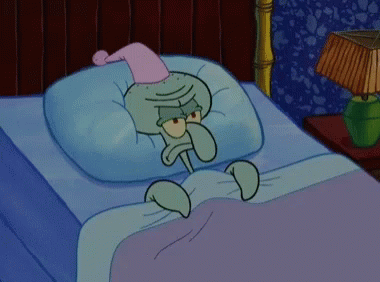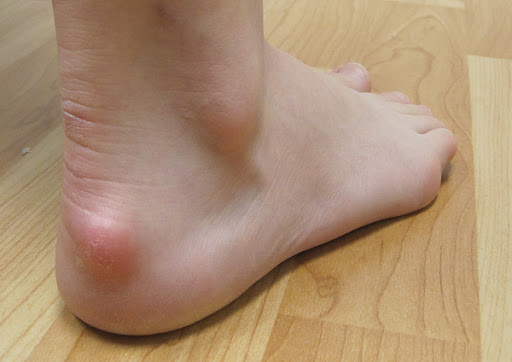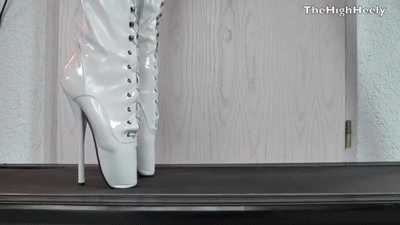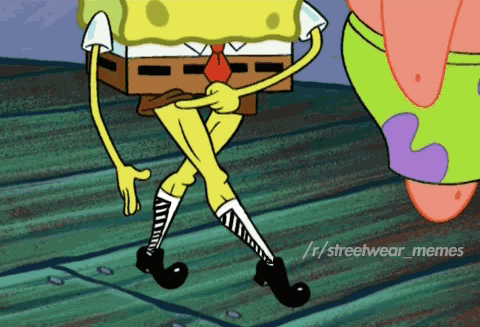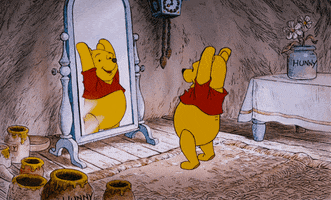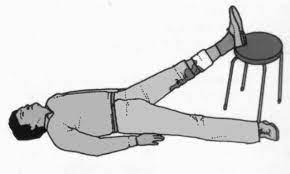The Sad Truth
When you slide into bed at the end of a long day, you might not think much about your sleep position. But the way you choose to lay down on your bed can have a major effect on how you feel. Can you actually injure yourself sleeping? The sad truth is, yes.
Ever noticed how you feel achy and painful after a night sleeping on a mattress you thought was great? If so, you have become a victim of a sleep injury. Even on the best mattresses in the world, a bad sleep position can cause injury. And although a great mattress can help you sleep in a better position, it cannot guarantee a pain-free morning if you aren’t sleeping in a way that is best for your body. You’ve probably heard of something called a “crick” in your neck or back. “Cricks” sound like a mild annoyance, but they can actually be pretty serious. If you aren’t careful, you can injure yourself and create more wear and tear on your body.
Possible Pains
Shoulder Pains – Do you put your arm underneath your head as a pillow when you sleep? This could actually wear down the cartilage of your joint, and can lock your shoulder muscles in place – making them very painful when you try to straighten your arm in the morning.
Back Pains – Sleeping incorrectly on your back can cause you to strain those muscles. You may have already worn a you-shaped groove into the mattress, and the depression in the mattress will pull on your back muscles. In certain cases this can actually cause your spine to slip out of alignment if you don’t change your mattress or your sleeping position.
Elbow Injuries – Does your arm hang over the edge of your bed as you sleep? When you sleep on your back, do you extend your arms straight out to the side? If so, you may be placing extra strain on your elbows. You may actually cause the same kind of injury you can get by working out incorrectly, as placing all of the weights on your elbow joint can hyperextend the joint – causing potentially serious damage.
Neck Pains – If you sleep on your stomach, your neck has to twist at a weird angle. If you sleep on your back, a pillow that is too thick can strain the curvature of your spine and your neck muscles. If your pillow is too thin, side-sleeping can strain the muscles on the side of your neck.
Hip Pains – Those that sleep on their side may be used to it, but those trying to change their position from stomach or back-sleeping to side-sleeping may feel pains in their hips. Sleeping on your side without the right support can actually wear down your hip joints.
There’s Hope
Look at how you sleep, as well as how you feel when you wake up in the morning. If you feel aches and pains, it may be time to change your sleeping habits! If you’ve hurt yourself sleeping, there’s hope. Come and see us during your waking hours and we can help you heal.
